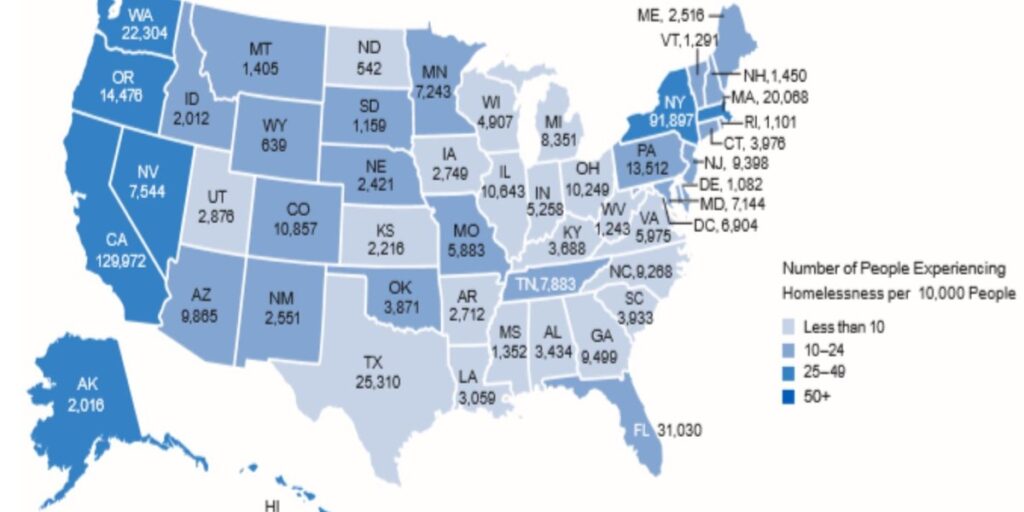November 16-24 is National Hunger and Homelessness Awareness Week
Homelessness is not just about real estate. It’s about vulnerability.
According to the National Law Center on Homelessness, every year alone over 3.5 million Americans experience homelessness, and well over 1 million of them are children.
DomesticShelters.org reports that domestic violence is often a contributor or cause of homelessness. Escaping abusive situations means leaving the residence where the abuse is occurring. Sometimes victims are unable to find shelter through friends, family or available community resource. Understanding the challenges of being homeless, and the statistics about homelessness and domestic violence, may help encourage victims to plan how they leave, when they leave, and what circumstances they leave under.
- By age 12, 83% of homeless children have been exposed to at least one serious violent event and nearly 25% have witnessed acts of violence within their own family.
- Approximately 50% of all women who are homeless report that domestic violence was the immediate cause for their homelessness;
- 16% of all homeless (men, women and children) are victims of domestic violence;
- 84% of homeless women have experience severe physical or sexual abuse at some point;
- 63% of homeless women have been victims of intimate partner violence;
- 33% of homeless women have been victims of severe assault by their current or most recent intimate partner.
In 2016-2017, the National Coalition for the Homeless documented 112 violent attacks (hate crimes) against homeless adult individuals; 48 of these incidents resulted in death. Nationally, hate crimes against all protected and vulnerable populations have increased. It is likely that this increase has shifted news reporting away from attacks against people experiencing homelessness towards bias-motivated violence against other protected and marginalized groups. Most violent attacks are brought on by the vulnerability of being a homeless person and are unprovoked.

